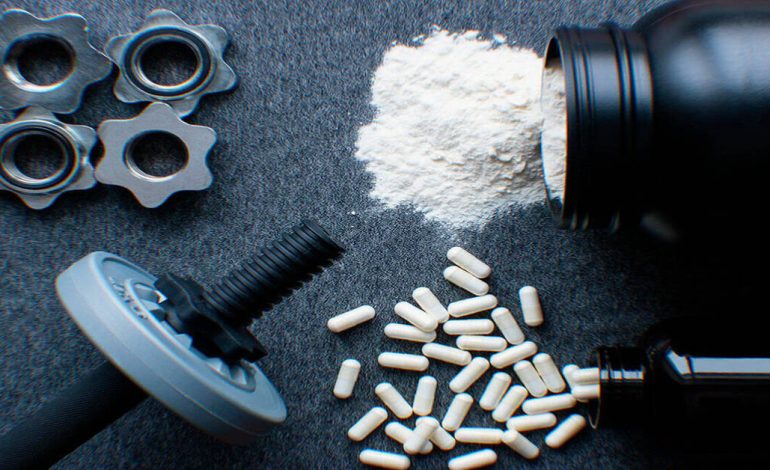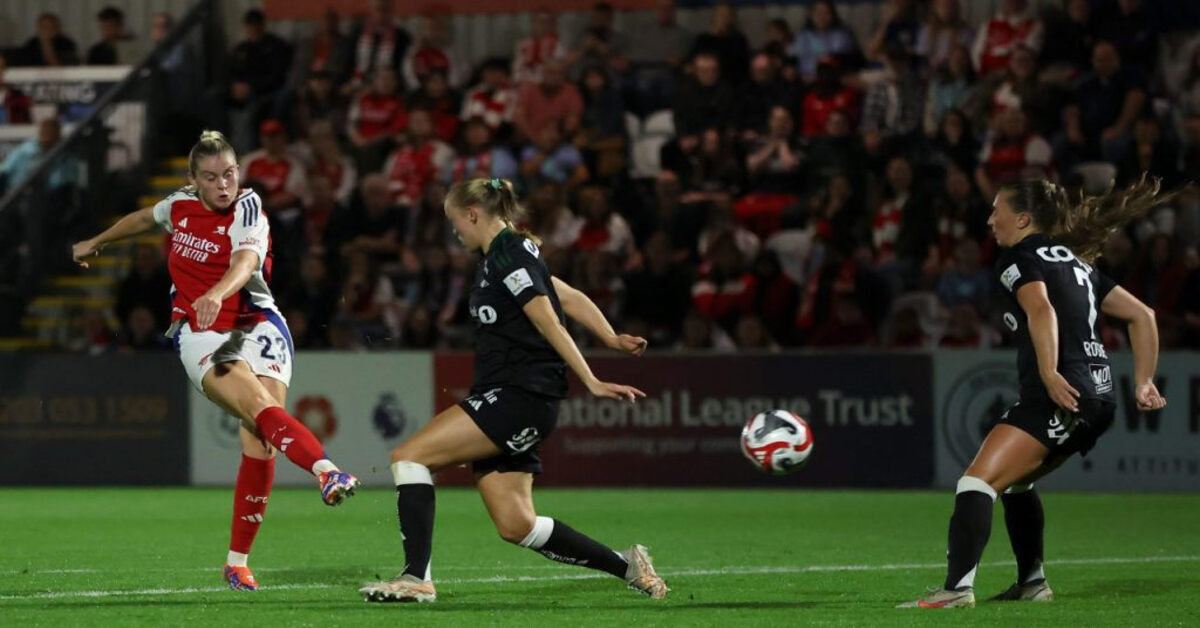
Master Sports Performance Nutrition for Elite Gains
Sports performance nutrition is the science of precise fueling, timing nutrients like carbs for energy, proteins for repair, and electrolytes for hydration to unlock peak physical and mental potential. Tailored to endurance, strength, or team sports, it minimizes fatigue, accelerates recovery, and prevents injuries, empowering athletes from elites to enthusiasts to train smarter and compete stronger in every session.
1. What Is Performance-enhancing Nutrition?
Performance-enhancing nutrition is the intentional intake of food methods and nutrient timing, which are utilized to enhance physical performance and recovery. It is much more than a simple case of healthy eating- this is precision fueling. This is aimed at providing the body with sufficient carbohydrates to provide energy, protein to repair muscle, fats to maintain hormonal balance and micronutrients to facilitate smooth metabolism.
Nutritional science is used by athletes and trainers to organize meals according to the training cycles, the demands of the competitions, and personal objectives. Through nutrition, they will be able to train their endurance, muscle mass, and avoid injuries or over-training.
2. The Role of Macronutrients
The performance-enhancing nutrition is based on the three primary macronutrients, including carbohydrates, proteins, and fat. All of them are very crucial in performance and recovery.
Carbohydrates play a major role of supplying energy to the body. When your body is working intensely, it uses the stored glycogen that is found in carbs. Lack of proper carb intake causes a decline in performance, fatigue sets in at an earlier pace and recovery is slowed down. The whole grains, fruits, and starchy vegetables contain long-term energy which is used during long periods of activity.
Protein plays a very important role in the repair of muscle tissue and in growth. It is also recommended to eat lean sources of protein such as chicken, fish, eggs, and plant proteins, lentils or tofu, after the workouts to restore the muscle fibers and avoid soreness.
Fats that are healthy, such as avocados, nuts, seeds, and olive oil are necessary for long-term energy and hormone regulation. Balanced fat intake in performance-enhancing nutrition promotes endurance, joint well-being, and general well-being.
3. The Power of Micronutrients
Whereas the macronutrients tend to be in the limelight, the micronutrients are also very critical in performance-enhancing nutrients. Minerals and vitamins facilitate the process of contraction of the muscles, the supply of oxygen and recovery.
An example is that iron helps in the production of red blood cells and prevents fatigue and magnesium helps in the relaxation of the muscles and metabolism of energy. Calcium makes the bones stronger and vitamin D increases muscle performance. Any minor deficiencies can affect the performance of an athlete, and thus the food sources rich in micronutrients (such as leafy greens, citrus fruits, nuts, and dairy) become a part of an athlete.
4. When to Eat to Perform at Your Best
Nutrient timing is one of the strongest concepts of performance-enhancing nutrition, which involves consuming the appropriate foods at certain times to increase energy and recovery.
Complex carbohydrates and moderate protein are recommended before exercise as the energy supply needs to be smooth. Consider oatmeal and berries or a whole-grain wrap and chicken.
When exercising over an extended period of time, e.g., long-distance running or cycling, intake of electrolytes and easy-digestible carbohydrates (e.g., sports drinks or gels) will ensure endurance and avoid dehydration.
The body will need nutrition to restore and rebuild after workouts. Protein and carb intake in 3060 minutes of exercise speeds up muscle degeneration and glycogen replenishment.
5. Hydration: The Unsung Hero
Hydration has a highly crucial role in performance nutrition. Any slight loss in hydration will have an impact on strength, coordination, and mental focus. Water controls the temperature, oils up the joints and carries nutrients all over the body.
Plain water might be inadequate in high-intensity or prolonged exercise. Bringing in electrolytes, that is, sodium, potassium, and magnesium, can be used to keep the balance of fluids at normal levels, avoiding cramps. Electrolyte mixes, whether in sports drinks or homemade coconut water or homemade electrolyte mixes can be effective hydration supplements.
6. Supplements and Ergogenic Aids
Although whole foods are the basis of the performance-enhancing diet, supplements may act as supplements to the nutritional deficiencies and improve performance. Protein powders, creatine, branched-chain amino acids (BCAAs) and omega-3 fatty acids are examples of common ones.
Creatine helps to supply muscle energy and strength, especially during short-term muscle power and high-intensity exercise. BCAAs could be used to alleviate muscle pain and beta-alanine to enhance endurance by neutralizing muscle and body acidity.
Nevertheless, not every supplement is created equal. One must select products that are tested as safe and pure. The recommendation to consult a nutritionist or sports dietitian will help to correctly ensure that the supplementation is helpful without undermining his or her health or breaking the rules of athletics.
7. The Mind-Body Connection
The other aspect of performance-enhancing nutrition that has not been taken seriously is the influence on mental performance. The brain utilizes up to 20% of the body’s energy and nutrition has a direct impact on concentration, mood and decision making.
Fish oil containing omega-3 fatty acids helps in the functioning of the brain and complex carbohydrates and well-balanced meals maintain the blood sugar level, which fights fatigue and fluctuations in mood. Good nutrition prior to the event can enhance sharpness in concentration and response rates, which are important in winning sports events.
8. Customizing Nutrition by Sport and Goal
Performance-enhancing nutrition does not have a universally applicable strategy. The diet of a marathon athlete differs significantly from that of a bodybuilder or a swimmer.
Long-distance athletes need carbohydrates to maintain long-term energy production. Protein is required in larger amounts by strength athletes to develop and repair muscles. In the meantime, players of team sports enjoy the advantages of a mixture of rapid sources of energy and meals between games oriented on recovery.
Nutritional strategies are also dependent on individual objectives like fat loss, muscle building or injury recovery. Individualized nutrition regimens are useful in maximizing performance and getting the body precisely what it requires to perform optimally.
9. The Importance of Sleep and Recovery
The correct recovery is a crucial component of performance-enhancing nutrition. Sleep enables the body to heal the muscles, hormones and glycogen. The highest level of growth hormone is produced during deep sleep, which is essential in repairing muscles and building performance.
Overnight, nutrition recovery is also maintained. A gradual protein source such as casein in the evening before going to sleep will keep the level of amino acids constant, allowing the muscles to continue repairing at night.
10. Common Mistakes to Avoid
The most successful athletes are not immune to nutritional errors that sabotage their nutritional performance enhancement. Common pitfalls include skipping meals, using processed foods, or taking insufficient protein.
Excessive use of supplements rather than focusing on whole foods may also cause an imbalance in nutrients. Also, vigilance of hydration or ignorance of individual metabolic variations may result in deceleration of performance or exhaustion.
Consistency, balance, and awareness are the most appropriate elements of a combination, as you should pay attention to the signals of your organism and adapt to them.
11. The Future of Performance and Nutrition
Technology and personalization are the two aspects of performance-enhancing nutrition that are closely intertwined with the future. With the development of genetic testing, wearables and metabolic monitoring, nowadays athletes can create highly personalized diets.
Meal planning apps are artificial intelligence applications that analyze their activity, sleep, and stress levels and suggest the best combinations of nutrients. In the meantime, studies are going on about the potential of plant-based diets, microbiome wellness, and functional foods to enhance recovery and resilience.
Final thoughts
Performance-enhancing nutrition is not merely healthy eating, but rather the scientific approach to performance that aims at improving all levels of physical and mental activity. Nutrition is the key to enduring greatness whether it is fueling workouts and accelerating recovery or sharpening focus and preventing injuries. The secret weapon is nutrition.
As soon as athletes match their diet with training objectives, they open their potential. They also lay the groundwork not only to improve performance, but their holistic approach: balancing macronutrients, micronutrients, hydration, and recovery would ensure a life of strength, vitality and success.





